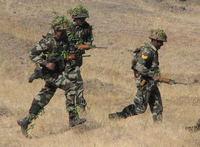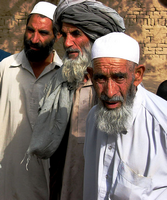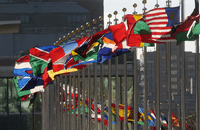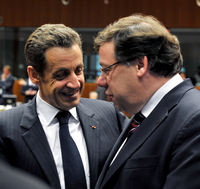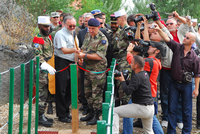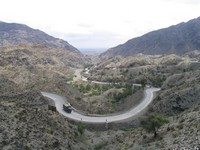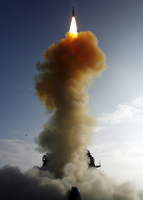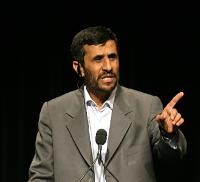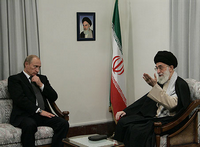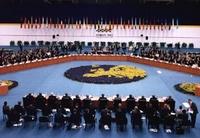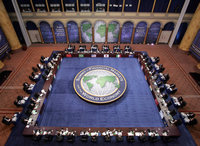
Conventional wisdom now claims that America is in decline. In its report, “A Transformed World,” the National Intelligence Council predicts that in the next 15 years, the United States will be a “less dominant power.” Fareed Zakaria calls it “the rise of the rest.” Parag Khanna argues that in many places, “America is no longer viewed as a provider of security but rather of insecurity,” which allows China and Europe to exert competing imperial influence. And Paul Kennedy, who wrote about the perils of imperial overstretch in The Rise and Fall of Great Powers more than 20 years ago, just […]

